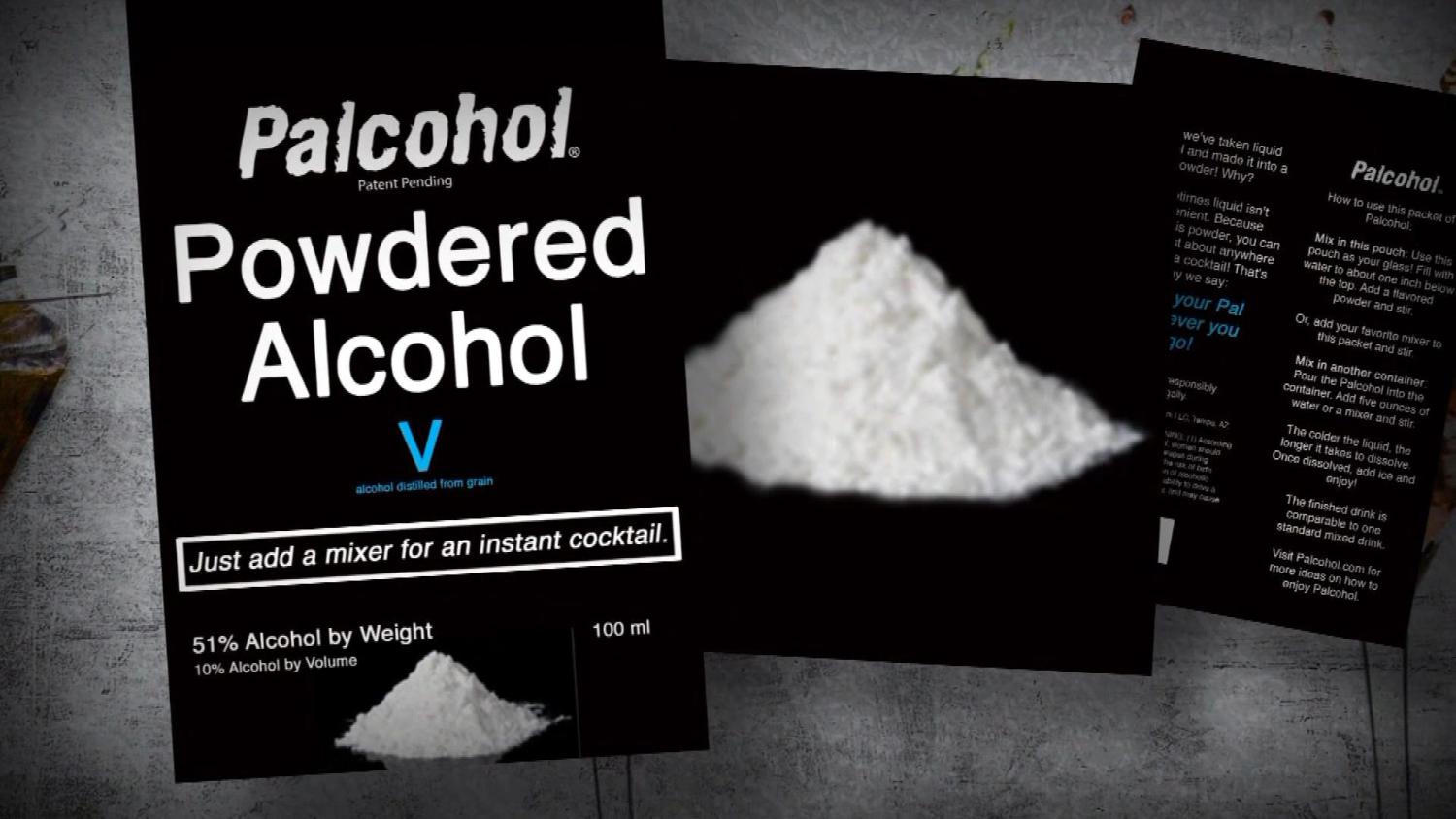Blog
Powdered alcohol update
- Details
- Created: Saturday, February 27 2016 08:16
February 17, 2016

For a list of state laws and regulatory decisions regarding powdered alcohol, click here.
For a list of active state bills regarding alcohol products such as powdered alcohol and alcopops, see our Dangerous Products Legislative Activity page.
Take action and tell federal and state policymakers to ban powdered alcohol.
Farewell from Sarah Mart
- Details
- Created: Monday, February 15 2016 05:50
February 13, 2016

After 7 years with Alcohol Justice, first as research manager (2009-2011) and then as director of research (2011-2016), it's time for me to say farewell. I've accepted a new position with a national nonprofit org focused exclusively on women with diabetes, starting in March. I'm very excited about this new professional opportunity, and at the same time I know I'm going to miss working with all of the incredible alcohol policy researchers, advocates, and allies on a day-to-day basis. It has been an honor and a privilege to be in your company.
I'm proud of the research & policy work we've accomplished during my time here: 7 peer-reviewed journal articles, 20 major reports, 17 original fact sheets, and more than 22 federal, multi-state, & California state legislative updates each year in multiple AJ campaign areas. We've contributed policy recommendations to state and federal regulatory reports and decisions, and written responses to those groups as well as alcohol producers, wholesalers, retailers, marketers, and their trade groups. We wrote the first article describing the amount and types of alcohol promotion on Facebook, an account of industry domination of a regulator trade group, and the first study documenting pinkwashed alcohol products, to name just a few.
I've also gotten to present and share our findings and recommendations for change with state, national, and international audiences -- one of my favorite parts of this job. I've testified at local and state legislatures regarding caffeinated alcoholic beverages, alcohol marketing to youth, and extended hours of alcohol sales. I've gotten to assist with and/or contribute to alcohol policy work in nearly all 50 states. I've loved meeting and finding ways to work with folks up the road, across the state, in another time zone, and on other continents.
Another of my most treasured aspects of my job is getting to find, select, and mentor graduate research assistants each summer. It is a true joy for me to help students discover and develop their skills in digging for credible, reliable data on public health, alcohol regulation, and corporate activities; finding the policy story running through that data that needs to be told; and crafting and honing their writing voice as a public health researcher & advocate. Many thanks to Mai Vang, Jacob Mergendoller, Janna Brancolini, Megan DeLain, Tiffany Tan, Caro Jauregui, Jessica Blakemore, Regina Durr, and Liz Ruggieri - you have each contributed greatly to our knowledge base, and I've enjoyed working with you over the years.
I also work with some amazing contractors who are an important part of our research & policy work. Shout-outs to the following: Ryan Treffers, who expertly conducts legal research, monitors legislative activity, analyzes alcohol law and regulations, coauthors major reports and model legislation, and finds answers to all kinds of research questions that pop up from a variety of legal and regulatory arenas. Erin Coriell takes snippets of my thoughts, links to news and supporting research, and our own publications, and creates engaging front page stories, Doghouse blog posts, legislative monitoring pages, and anything else we need to communicate our findings. Katie Brammer crafts the graphic designs of our major reports and fact sheets with a clear, strong style. It's fun to produce good work with such talented, skilled people.
Public health problems such as alcohol and diabetes share several common themes: they cause large amounts of harm, take far too many lives, cost individuals and governments a great deal of money, and can be greatly reduced with population-based policy changes. Another common thread is the brilliant, dedicated people analyzing the problems and potential solutions, working together, and advocating for the changes that save lives and improve health for all. Thank you for being those people, and for welcoming me to work alongside you for these last 7 years. Onward!
.05 BAC Limit on NTSB Most Wanted List
- Details
- Created: Friday, February 12 2016 10:55
February 12, 2016

Thirty-one percent of all traffic accidents in the U.S. involve an alcohol-impaired driver. Each year, drunk driving costs the U.S.130 billon dollars. The NTSB has previously recognized that nearly half of alcohol-related deadly crashes would decrease if the alcohol legal limit is reduced. They also acknowledged that impairment starts before a person hits the .08 level, nearly doubling the risks of a deadly crash. As the NTSB continues to advocate for lowering the BAC limit, it's time for our government to respond and take action.
For additional information, visit our Point .05 Saves Lives campaign page.
More Articles ...
Subcategories
Help us hold Big Alcohol accountable for the harm its products cause.
| GET ACTION ALERTS AND eNEWS |
STAY CONNECTED    |
CONTACT US 24 Belvedere St. San Rafael, CA 94901 415-456-5692 |
SUPPORT US Terms of Service & Privacy Policy |


